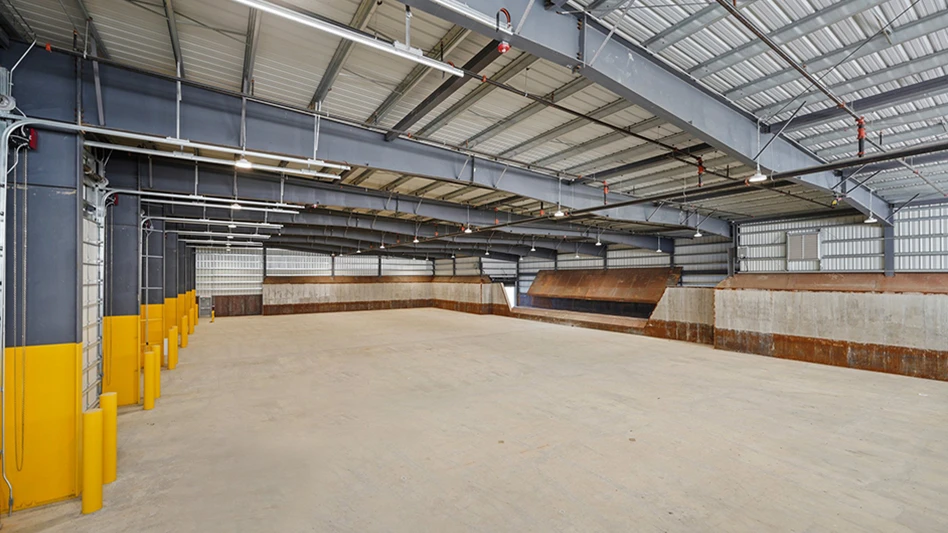
FCC Environmental Services to upgrade California facility
Western Placer Waste Management Authority (WPWMA) has awarded FCC Environmental Services, Houston, a contract for the construction and operation of its 320-acre waste management complex to process solid waste in Placer County, California.
FCC will retrofit WPWMA’s current facilities to become a high-diversion facility in compliance with regulations in California’s Senate Bill 1383. With a total annual capacity of 650,000 tons per year, it will be one of the world’s largest facilities of its kind, FCC says.
The current capacity at the entire facility ranges from 450,000 tons to 500,000 tons per year, FCC Environmental Services Vice President of Operations Dan Brazil says. That includes the municipal solid waste (MSW) material recovery facility (MRF), landfill space and a construction and demolition (C&D) MRF.
The term of the contract is 10 years with an associated backlog of $680 million and two five-year extension options, which would add up to a total $1.5 billion backlog. The total investment to update the facilities will be $141 million and will create 215 jobs.
FCC plans to transition many of the WPWMA facility’s current employees into new FCC positions, which should all be filled by July 1, Brazil says. Work on the upgrades will begin then, as well, he adds.
“Part of that investment is building a brand-new C&D MRF,” he says. “We’ll also be completely retrofitting the mixed solid waste MRF.”
The complex will include a composting facility for organics, food and yard waste, as well as a landfill. The public will be able to drop off electronics and household hazardous waste at the Placer County site, Brazil says.
“We have 34 of these facilities all over in Europe that we’ve been operating for 10 to 20 years,” he says. “This is really a springboard for us establishing these facilities worldwide.”
The C&D and MSW MRFs will both be outfitted by Van Dyk Recycling Solutions, Norwalk, Connecticut, with Bollegraaf equipment, he adds.
FCC also will add new compost technologies and bunkers. Given that the MSW MRF will receive some organic matter, FCC is planning to mitigate odors coming from that source as much as possible.
“One of the first processes of our lines is to separate all the organic material on our conveyors out to our composting area,” he says. “A big focus for us is reducing odors and mitigating that as much as physically possible, so all our conveyors to that organic area coming up from the MRF are going to be covered, and all of our composting operations are going to be covered, as well.”
The C&D MRF is expected to be completed by the third quarter of 2023, and the MSW MRF is expected to be completed sometime in the second half of 2024. The entire upgrade to the facility should be finished by the beginning of 2025, the year California Senate Bill 1383 takes full effect, Brazil says.
“Essentially, it’s a diversion bill,” he says. “Seventy-five percent of organic waste has to stay out of landfills.”
Placer County, located just a few miles east of Sacramento, is home to 410,000 residents and is among the fastest-growing communities in the U.S. The contract will commence July 1.
Get curated news on YOUR industry.
Enter your email to receive our newsletters.
Explore the May June 2022 Issue
Check out more from this issue and find your next story to read.
Latest from Waste Today
- ReMA board to consider changes to residential dual-, single-stream MRF specifications
- Miller Environmental Group Inc. appoints CEO
- DPI acquires Concept Plastics Co.
- Laurel Mountain Capital announces investment in 5280 Waste Solutions
- Cielo investor requests annual meeting
- WIH Resource Group celebrates 20th anniversary
- NWRA: NIOSH cuts a step in the wrong direction
- Valicor Environmental services acquires Affordable Waste Management





